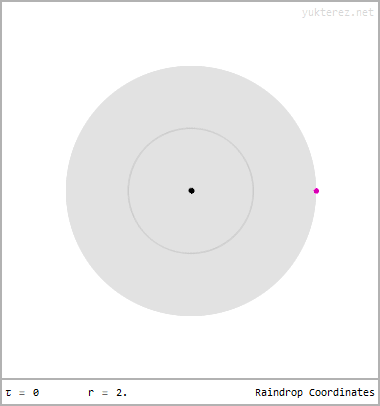There are a lot of questions about crossing the EH (event horizon) of a black hole on this site.
Some of them suggest, that when you cross the horizon, nothing special happens, you don't even notice crossing the horizon, and some suggest that it is even impossible to detect the horizon locally.
Nothing special happens to the observer as they cross the event horizon.
In your co-ordinate system you will notice nothing unusual.
What do you feel when crossing the event horizon?
There will be no discontinuity in behaviour at the event horizon.
Taking selfies while falling, would you be able to notice a horizon before hitting a singularity?
Now there are others, who suggest that inside the horizon, everything, including light must move towards the singularity, the singularity becomes a point in time (future).
So inside the horizon even a light ray directed outwards actually moves inwards not outwards.
How does light behave within a black hole's event horizon?
https://arxiv.org/abs/2002.01135
Is the event horizon locally detectable?
Based on the first one, when two astronauts cross the EH together, their walkie talkie (or radio) could keep working.
Based on the second one, this is not so clear. Obviously, outside the horizon, the radio still works, because EM waves from the sender still spread spherically, and would still reach the receiver. But once you cross the horizon, the curvature becomes so extreme, that the escape velocity exceeds the speed of light. Thus, EM waves would not spread spherically anymore, but only towards the singularity. Based on this, the EM waves from the sender might not be able to reach the receiver anymore, this the radio stops working when crossing the EH.
Just to make it clear, I am asking about two astronauts, co-moving, falling in together, and will the radio stop working between the two of them?
Question:
Does the radio (between two co-moving astronauts) stop working when crossing the event horizon?

